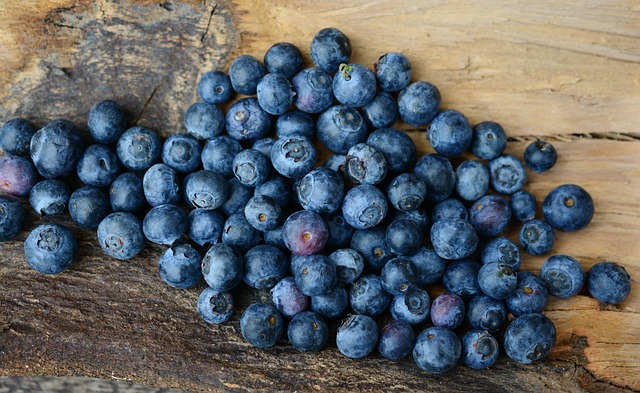Beyond Yogurt: Exploring Unconventional Sources of Probiotics
Probiotics are beneficial living microorganisms that can improve our gut health and overall well-being. While yogurt is commonly associated with probiotics, there is a wide range of unconventional sources that can provide us with these beneficial bacteria. In this article, we will explore some lesser-known sources of probiotics that you may consider incorporating into your diet.
Kefir
Kefir is a fermented beverage that is similar to yogurt but has a thinner consistency. It is made by adding kefir grains to milk and allowing it to ferment for a period of time. Kefir grains are a combination of bacteria and yeast cultures that resemble small cauliflower-like clusters. The fermentation process breaks down lactose in milk, making kefir easier to digest for those who are lactose intolerant.
Kefir contains a diverse range of beneficial bacteria and yeast strains, such as Lactobacillus kefiri, Lactobacillus acidophilus, and Saccharomyces kefir. These microorganisms can help promote gut health, strengthen the immune system, and even improve lactose digestion.
Sauerkraut
Sauerkraut is a traditional fermented cabbage dish that originated in Eastern Europe. It is made by finely shredding cabbage, adding salt, and allowing the mixture to ferment for several weeks. During fermentation, the naturally present lactic acid bacteria start to convert the sugars in cabbage into lactic acid, creating a tangy and sour flavor.
Sauerkraut is an excellent source of probiotics, particularly of the Lactobacillus species. These beneficial bacteria can help maintain a healthy balance of gut flora, support digestion, and enhance nutrient absorption. Additionally, sauerkraut contains high amounts of dietary fiber, vitamins C and K, and various antioxidants.
Miso
Miso is a traditional Japanese seasoning made from fermented soybeans, along with other ingredients like rice, barley, or wheat. It is commonly used in soups, marinades, and dressings. The fermentation process is initiated by adding a koji culture, which consists of Aspergillus oryzae, to the soybean mixture.
Miso is an excellent source of the probiotic bacterium known as Bacillus subtilis. This bacterium plays a crucial role in maintaining a healthy gut by supporting digestion and boosting the immune system. Miso also contains other beneficial compounds, including antioxidants, vitamins, and minerals.
Natto
Natto is a traditional Japanese food made from fermented soybeans. It has a unique pungent smell and a sticky texture. Natto is produced by fermenting soybeans with a specific strain of bacteria called Bacillus subtilis var. natto. The fermentation process results in the production of an enzyme called nattokinase, which has been linked to numerous health benefits.
The consumption of natto provides the body with beneficial bacteria that support the gut microbiota. It is also rich in fiber, protein, vitamins, and minerals, making it a nutritious addition to your diet.
Kombucha
Kombucha is a fermented tea that is gaining popularity as a probiotic-rich beverage. It is made by adding a symbiotic culture of bacteria and yeast (SCOBY) to sweetened black or green tea and allowing it to ferment for a period of time. During fermentation, the SCOBY consumes the sugar and produces a tangy and slightly fizzy drink.
Kombucha contains various probiotic strains such as Saccharomyces boulardii, Lactobacillus, and Bifidobacterium. These probiotics can help restore and maintain the balance of beneficial bacteria in the gut, which is essential for proper digestion and immune function. Kombucha also contains antioxidants and beneficial acids that contribute to overall health.
Conclusion
While yogurt is a popular source of probiotics, it is important to explore unconventional sources as well. Kefir, sauerkraut, miso, natto, and kombucha all offer a wide range of beneficial bacteria strains that can support gut health, enhance digestion, and boost the immune system. Adding these probiotic-rich foods to your diet can help diversify your gut microbiota and promote overall well-being.







